If you want to be a CEO, a partner at a consulting firm. or the head of a global private equity firm; if you want to be a successful salesperson; raise money for the business you’ve founded; or be the head of development at a not-for-profit organization – what should you eat in order to maximize your chances of success?
This question crossed our minds recently as we commenced a business lunch with someone who we urgently hoped to impress at a tiny and wildly expensive sushi restaurant in Manhattan.
Having grown up middle-class in the Midwest, the idea of eating raw anything – fish, beef, vegetables, you name it – was a foreign and slightly repellent concept to us. We were thirty before we took our first bite of sushi, and we’re still just barely functional with chopsticks. We’ll just put it out there: black girls from Detroit generally aren’t taught to embrace the idea of raw seafood. Back in the day, we just didn’t roll that way. We really preferred our food cooked.
As we gamely looked at the menu, and then blithely agreed when our companion suggested “let’s just order a bunch of things and share them,” we asked ourselves: when did eating sushi become mission-critical for professional success?
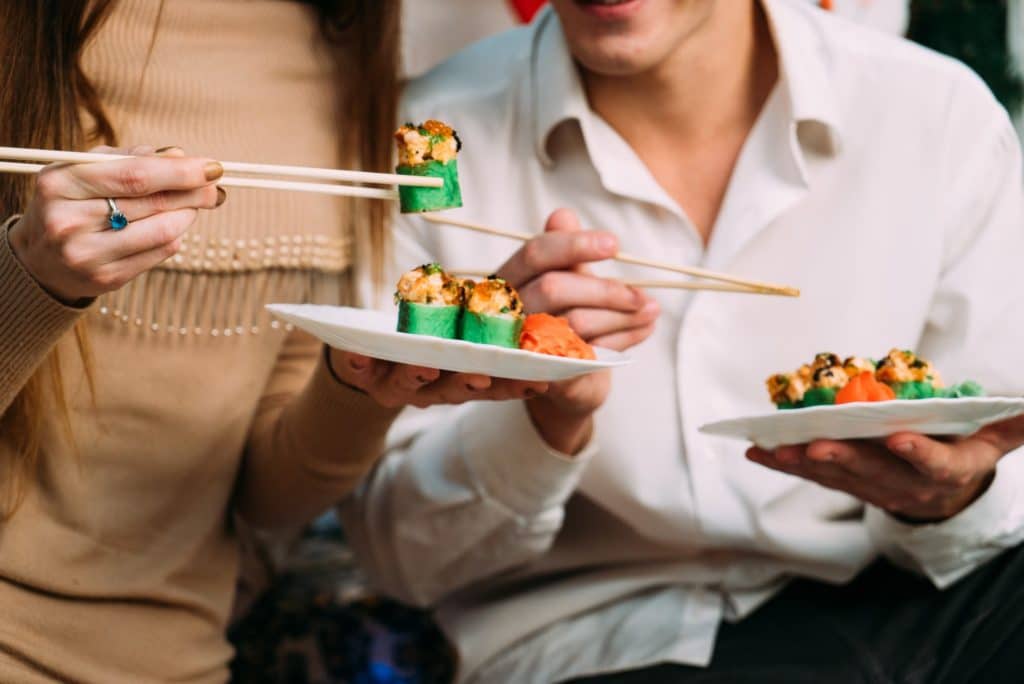
This wasn’t the first time that eating raw seafood wrapped in seaweed was all that was standing between us and a professional opportunity that we really wanted. Fifteen years ago, we were in the final round of interviews for a significant management role, and our future boss suggested that we have lunch together, with the clear implication that if all went well, at the end of the meal, the job would be ours.
Of course we said yes, and of course we said we’d meet wherever it would be most convenient. And of course this ended up being at a Japanese restaurant. It gets worse: as soon as we sat down, our host ordered edamame, a substance with which prior to that moment we were totally unacquainted. Was it animal, vegetable or mineral? And how does one eat it? Well, it turns out that fingers are allowed, but it was a tense few seconds before we figured that out. Watch and learn, as they say. Oh, and we got the job.
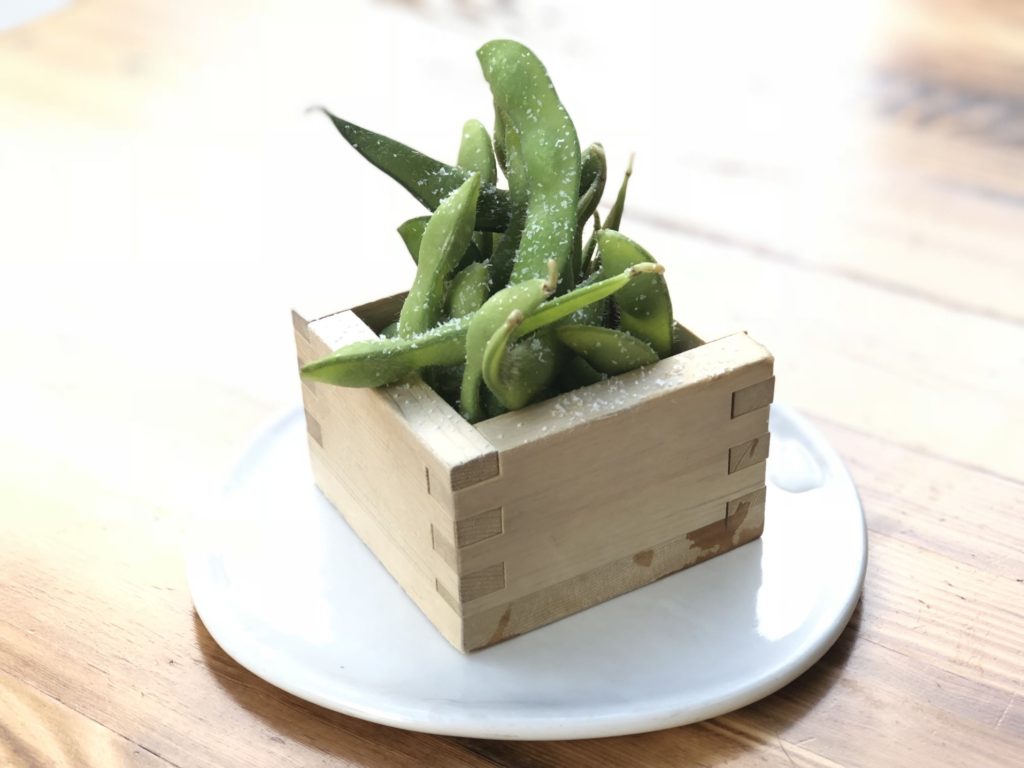
Of course, it’s not just sushi that you have to eat in order to advance professionally. Based on our varied experiences – as a management consultant, senior executive, and corporate board member – if you want to become an official member of the global elite, you also need to be willing to eat the following, whether you like them or not: figs; beets; raspberries; endive; chicken feet; steak tartare; octopus; fresh oysters; peppers; dolmades (stuffed grape leaves); eggplant; protein doused in sauce of unknown or suspect origin; and cheese – all kinds of cheese.
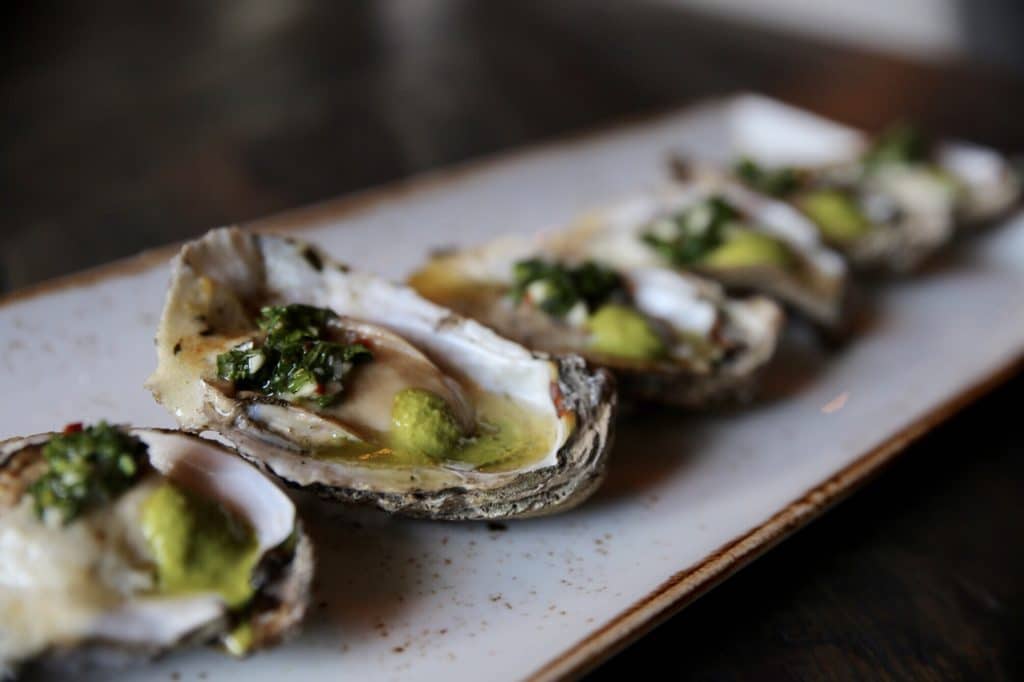
We worked for quite some time for a Swiss company, and whenever we were in Zurich, we would make an effort to eat things that were authentically Swiss. We recall once ordering a dish “from the mountains” at a small group dinner at a local restaurant – still to this day we have no idea exactly what it was. We ate it all, and we’re here to tell the tale, so whatever it was, it was edible. And actually, pretty tasty.
Sometimes it’s not just – or not only – about what you’re eating, it’s about how much you have to eat. There are times in business when you have to eat a lot more than you’d like. For example, this can happen if a well-meaning host decides that since you’re on a first – or rare – visit to their native land, you should be treated to the full array of local specialties (we have found that this often involves 10 or more different courses, and good manners require consuming at least half of everything that is placed before you).
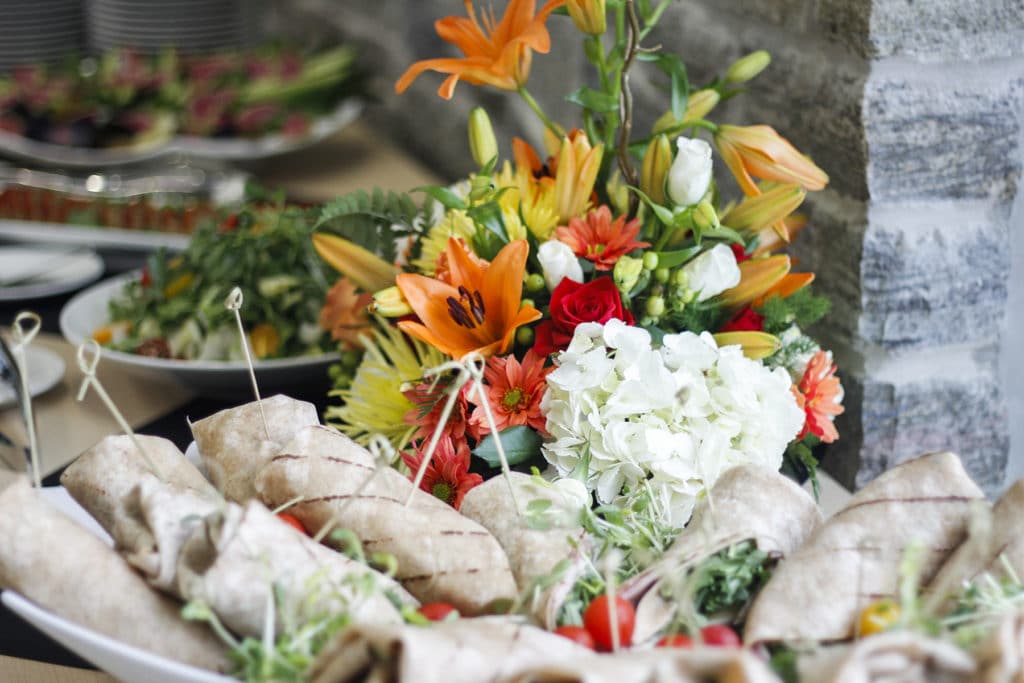
Conversely, if you’re the host of a business meal, and your guest is having an appetizer, or dessert, or both – you’re having them, too, like it or not.
If the cultural post-entree custom at dinner is a cheese course, followed by a dessert course, followed by coffee, and you’re totally full and really tired and just want to go to bed, guess what? You’re having cheese, and dessert, and coffee. And you’ll smile serenely through it all.
BTW, you also have to be willing to drink all kinds of things, too. We know that some highly successful people don’t drink alcohol, but in our experience it’s pretty hard to pull off, especially in cultures where wine and spirits are regularly consumed at both lunch and dinner.
People will pretend not to mind, but we can assure you that they prefer it if you join them in whatever they’re drinking. Even if it’s a Bloody Mary in the middle of a work day. Or two bottles of wine over a lunch for two people (when you have a long afternoon of work in front of you and zero hope for a nap). These are both actual experiences that we’ve lived through.
Other beverages we’ve consumed at business gatherings with a calm smile on our faces, even though we really don’t like them? Several glasses of the liqueur Poire William; port; Sancerre; many types of overly-sweet champagne; kale smoothies; homemade wine; homemade beer; really any kind of beer; and double espressos.
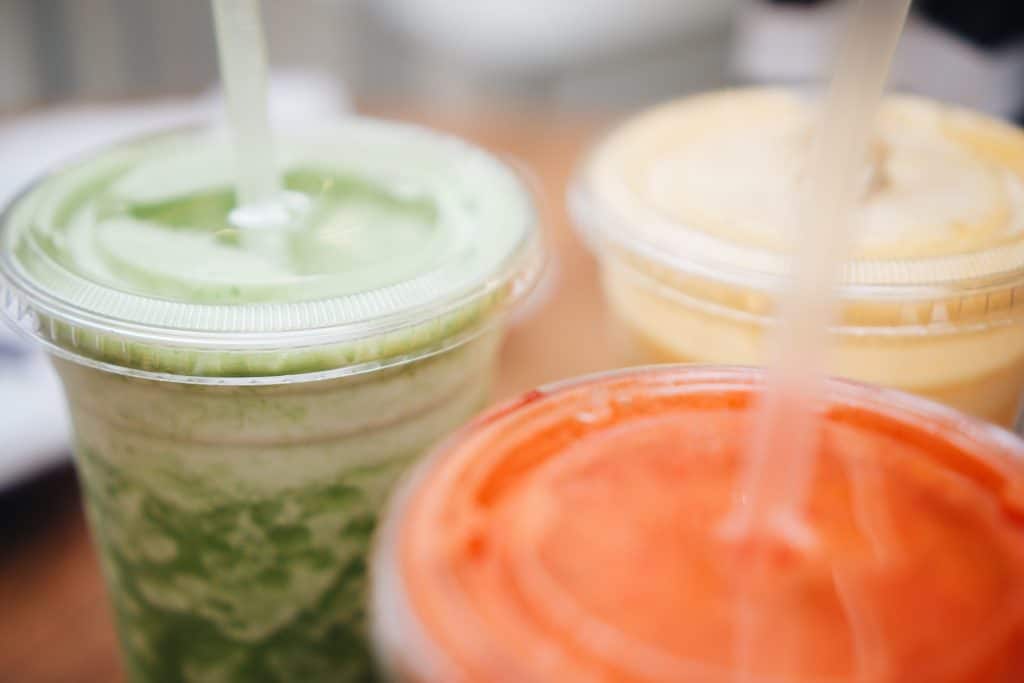
Do we have any standards at all, you say? Is there anything that we will refuse? Well, yes. We will not eat an endangered species under any circumstances (no shark fin soup, for example, no matter how glittering the professional prize). We will not do shots with people we work with – or with whom we hope to work someday. We will take a hard pass on any insect, grub, snail or snake, fried or otherwise.

But other than that, we’ve learned to be game for anything. After all, it’s a privilege to fly to Brazil, or Doha, or Mumbai or Poland; to experience for yourself the smells and tastes of places you’ve never been before; to sit with powerful people and try to make your way in the world. Sometimes you even discover a new food that you love (sign us up for samosas!)
Nothing in life comes without some kind of sacrifice, so this message goes out to all those who strive: the honest truth is that in many (but not all) cases, the fastest route to success is eating pretty much everything.
For a weekly dose of career insights and ideas, sign up for our newsletter, Power Up, here.








